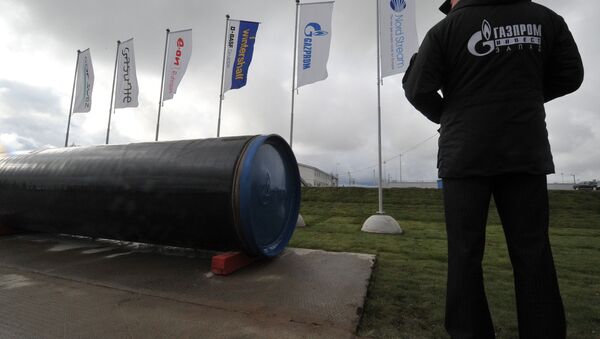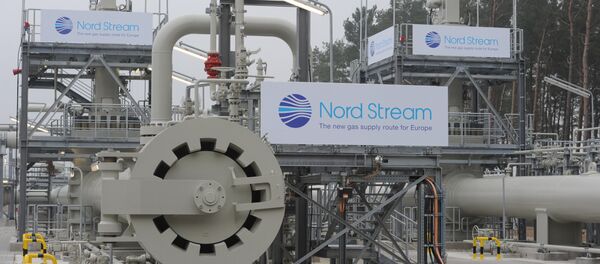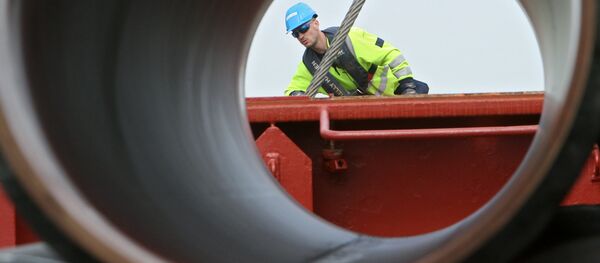Since the plan was agreed last September, it has divided the European Union. Poland has been particularly hostile and the issue has provoked tensions with Berlin, which already deteriorated after the Eurosceptic Law and Justice Party won elections in Poland in October 2014.
During his visit to Poland, Gabriel sought to calm Polish concerns. He said that he had told Moscow that Nord Stream-2 could only proceed if gas supplies through Ukraine continued.
Shipments to Eastern Europe via the Yamal pipeline from Russia to Poland, Belarus and Germany would also be guaranteed, he added.
Gabriel said the pipeline was "a business issue for Germany and a political issue for Poland," according to Reuters.
On January 18, during a briefing with European Council President Donald Tusk, Polish President Andrzej Duda said that Nord Stream-2 undermines EU solidarity and is dictated by politics rather than economics.
"We disagree with this investment. It has nothing to do with economics. It is an investment of a political nature," he was quoted as saying by Reuters.
Last November, Slovak Economy Minister Vazil Hudak noted that his country would lose up to $400 million a year due to the new pipeline, as Slovakia gets money for transiting Russian gas to Europe.
An agreement on Nord Stream-2, involving the expansion of the Nord Stream gas pipeline, was signed in early-September 2014, during the Eastern Economic Forum in Russia’s Vladivostok. The new consortium was established by Gazprom, E.ON, Shell, BASF/Wintershall, OMV and Engie. Gazprom holds 50 percent of shares while the others own 10 percent each. With a capacity of 55 billion cubic meters of gas a year, the new pipeline is expected to go through the Baltic Sea, like the actual Nord Stream pipeline. In December 2015, Gazprom said Nord Stream-2 is expected for launch in the fourth quarter of 2019.



